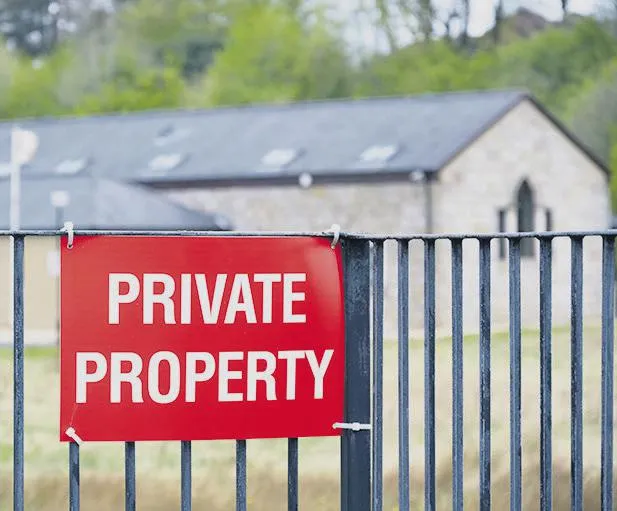One of the most influential Europeans in the past two millennia has to be Benedict of Nursia.
He was born in Italy around 480 when the Ostrogoths ruled the peninsula, and died in 547 at the monastery he founded at Monte Cassino. He established an order of monks and gave them a rule of life that shaped the world of medieval monasticism till the rise of the Franciscans and the Dominicans in the 13th century.
Owning personal possessions
Benedict’s Rule, which sought to regulate the life of his monks and is still employed as a guide to Christian living by some today, makes for fascinating reading. Recently reading through it, I was struck by Chapter XXXIII, which is headed thus: ‘Whether the monks ought to own anything as their personal possession’. The answer is then given: ‘The root of this vice [the ownership of private property] has to be especially excised from the monastery’. After detailing what this entails, this chapter concludes with a Biblical reflection from Acts 4:32: ‘Let all things be common to all, as it is written. And let no one call or take to himself anything as his own’.










'Why are so many Jews atheists?'
"Why are so many Jews atheists?"I hear this a lot.